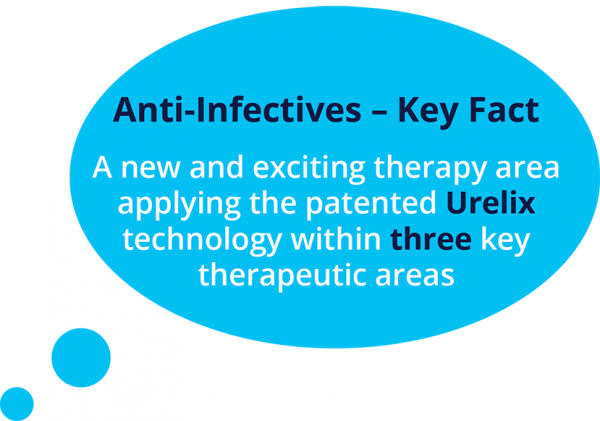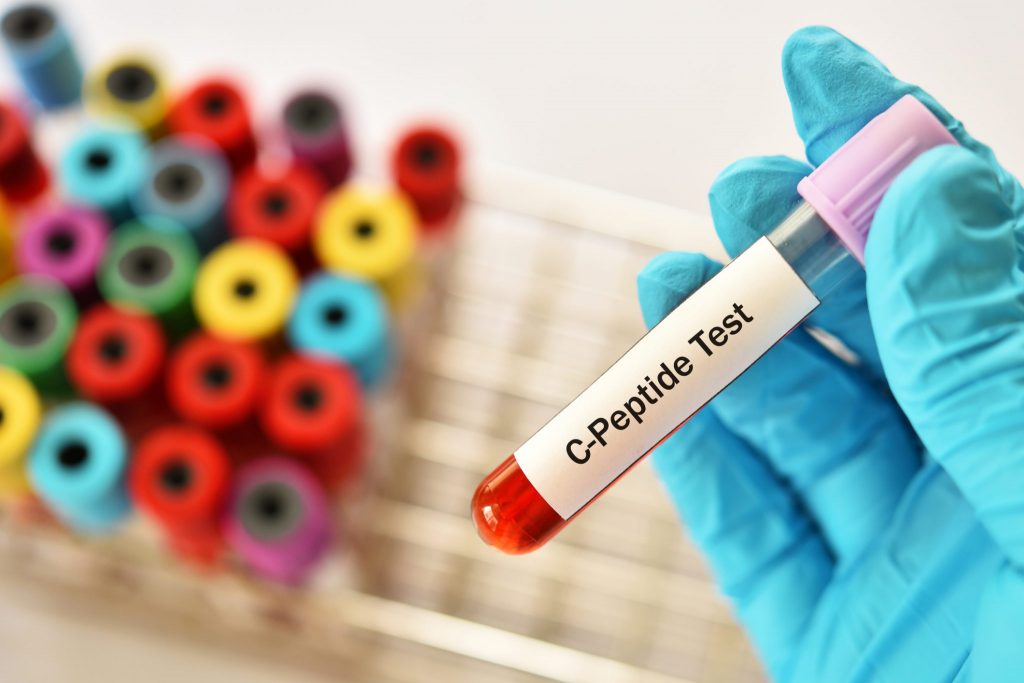Anti-infectives
Anti-infectives
ImmuPharma has developed three anti-infective programs
The World Health Organisation has stated that resistance to antibiotics is one of the biggest threats to global health, costs and mortality. Pandemic disease events could cost the global economy over $6 trillion in the 21st century (National Academy of Medicine 2016.)


Antiviral Opportunity
ImmuPharma through its subsidiary Ureka Pharma has recently become a partner in a consortium dedicated to the development of novel peptides intended to block the fusion of COVID-19 and other viruses to the target cell, an approach similar to Fuzeon (enfuvirtide) by Roche.
Drugs that target viral entry into the host cell have been proven effective against a wide range of viral diseases. The aim is to apply the results of fundamental research to the development of novel inhibitors of SARS-CoV-2 entry into target cells using the Urelix™ patented technology of Ureka Pharma together with contributions from the other members of the consortium. The strategy is based on inhibiting viral entry using peptides specific for the viral fusion protein.

Anti-fungal Opportunity ‘BioAMP-B’
ImmuPharma has recently developed BioAMP-B, a novel peptide-based drug that offers a potential improvement on Amphotericin-B (“Amp-B”). Amp-B is one of the few effective treatments for many serious and life threatening fungal infections such as aspergillosis (lung infection). However, AMP-B formulations are known to cause serious kidney toxicity in 14-15% of patients.
ImmuPharma’s aspirational product profile for Bio-AmpB is an improved efficacy/tolerability balance versus other Amp-B formulations. Global market sales of AmpB products is almost $600m annually.
Next step is lead candidate optimisation.

Anti-bacterial Opportunity ‘IPP-203101’
IPP-203101 is ImmuPharma’s novel peptidebased antibiotic for the treatment of MRSA (“methicillin-resistant Staphylococcus aureus” or “superbug”) and other severe and hospital acquired multi-resistant infections. MRSA infections are increasingly resistant to even the last lines of drug defence such as ‘vancomycin’ and ‘teicoplanin’, which are two commonly used antibiotics. IPP-203101 causes bacterial cell death by a two-step mechanism involving interaction with the lipid component of the membrane followed by membrane breakdown. IPP-203101’s target profile is to be as efficacious as vancomycin, but with a better safety profile, weekly administration, less susceptible resistance and a better efficacy profile for certain strains.
Next step is lead candidate optimisation.